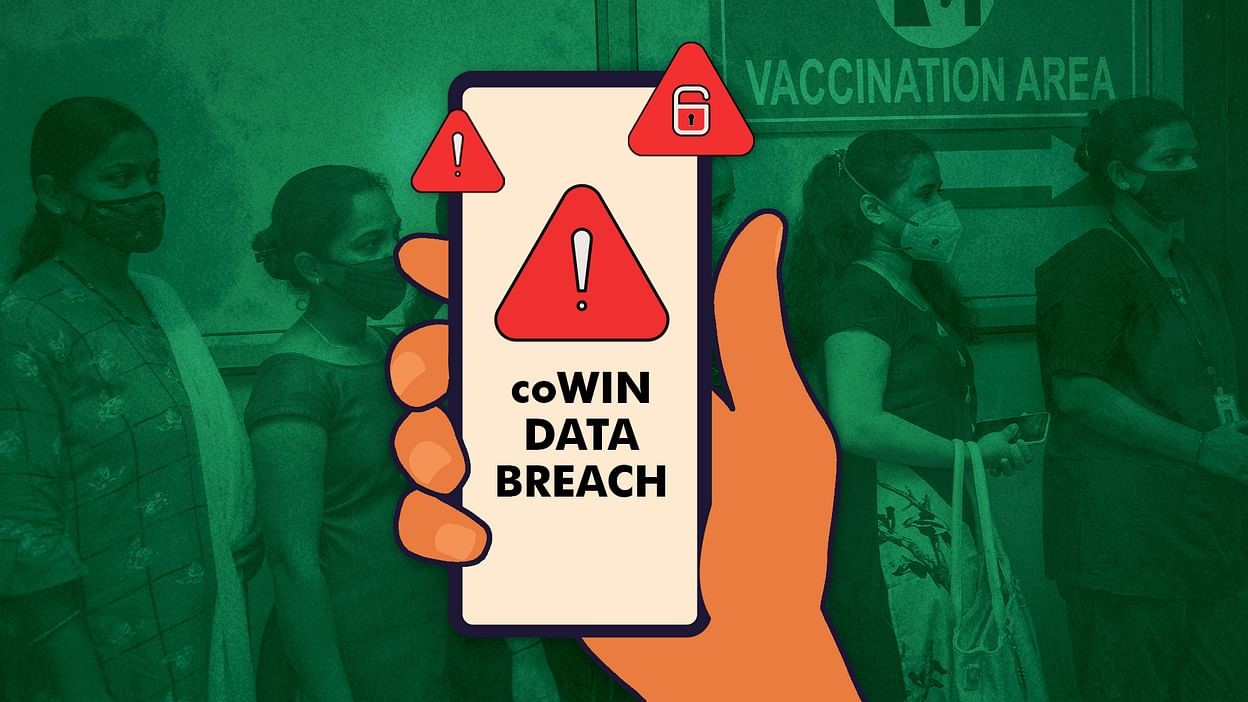Free Courses Sale ends Soon, Get It Now


Free Courses Sale ends Soon, Get It Now



Disclaimer: Copyright infringement not intended.
Context and Background
CoWIN portal track
About
Usage of Public Digital Infrastructure
Mandate and Functioning
The recent Breach
Concern
Way Ahead
Conclusion
READ ABOUT THE COWIN DATA LEAK IN DETAIL: https://www.iasgyan.in/daily-current-affairs/cowin-data-leak
DATA PROTECTION AND LOCALIZATION: https://www.iasgyan.in/daily-current-affairs/data-protection-and-localization
|
PRACTICE QUESTION Q. Cybersecurity in India is becoming increasingly important as more people turn to online services and digital platforms. As the threats become more sophisticated, it is essential that organizations, businesses, and individuals understand the trends and risks so they can protect themselves from cyber-attacks. Comment. |
© 2024 iasgyan. All right reserved